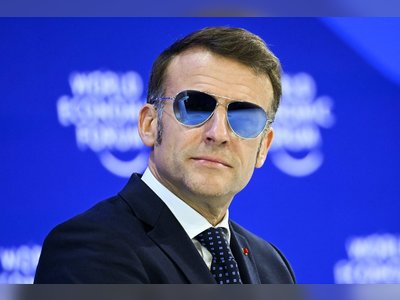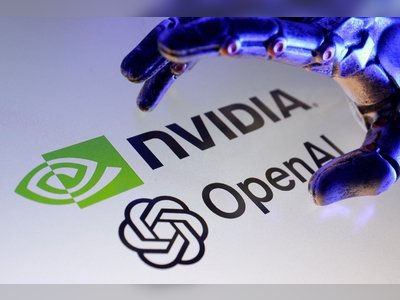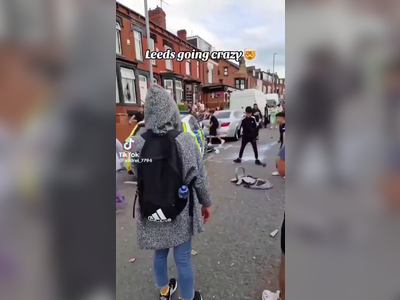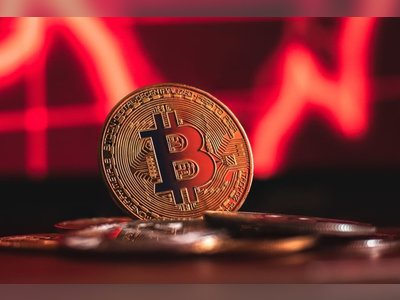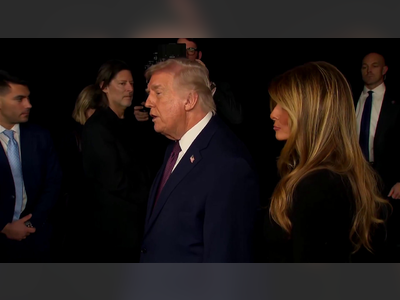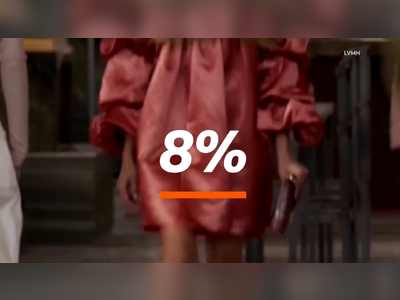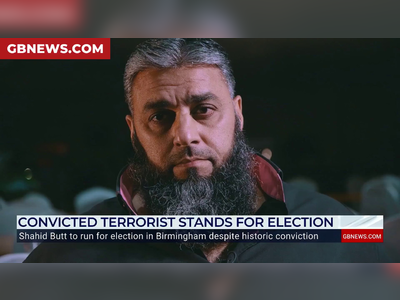Controversies Surrounding Misinterpreted Gestures at High-Profile Events
Incidents involving notable figures such as Elon Musk have sparked discussions about misunderstood gestures and their societal implications.
In recent times, several high-profile individuals and groups have faced scrutiny for gestures interpreted by some as similar to historically sensitive salutes.
Among these was Elon Musk, CEO of Tesla and SpaceX, whose celebratory gesture at a public event led to widespread debate.
Musk responded on social media, dismissing the allegations and emphasizing the misinterpretation of the gesture.
This phenomenon isn't exclusive to Musk.
Similar incidents have surfaced globally, including in Hungary, where sporting events and political rallies have witnessed gestures that have drawn public attention.
Gábor Kubatov, president of the Hungarian sports club Ferencváros (Fradi), once addressed fans on how to ensure club-related gestures weren't misinterpreted.
This initiative followed racist incidents involving Hungarian soccer fans, leading to sanctions by football authorities.
In Hungary's political sphere, several incidents have raised eyebrows.
The Mi Hazánk party's events have occasionally seen attendees engaging in similar gestures, which party leaders attributed to misunderstandings.
Toroczkai László, a Mi Hazánk leader, has publicly refuted any connections between their activities and extremist ideologies.
Additionally, Hungarian politicians have faced controversies over gestures captured in photographs from past events.
Farkas Péter Barnabás and Fidrus Péter, former local officials, were photographed in instances leading to public and political fallout, contributing to broader discussions about the appropriateness of certain actions in public life.
Such debates are not confined to Hungary.
Global actors and events continue to navigate the complexities of public gestures, their interpretations, and the cultural sensitivities they invoke.
Among these was Elon Musk, CEO of Tesla and SpaceX, whose celebratory gesture at a public event led to widespread debate.
Musk responded on social media, dismissing the allegations and emphasizing the misinterpretation of the gesture.
This phenomenon isn't exclusive to Musk.
Similar incidents have surfaced globally, including in Hungary, where sporting events and political rallies have witnessed gestures that have drawn public attention.
Gábor Kubatov, president of the Hungarian sports club Ferencváros (Fradi), once addressed fans on how to ensure club-related gestures weren't misinterpreted.
This initiative followed racist incidents involving Hungarian soccer fans, leading to sanctions by football authorities.
In Hungary's political sphere, several incidents have raised eyebrows.
The Mi Hazánk party's events have occasionally seen attendees engaging in similar gestures, which party leaders attributed to misunderstandings.
Toroczkai László, a Mi Hazánk leader, has publicly refuted any connections between their activities and extremist ideologies.
Additionally, Hungarian politicians have faced controversies over gestures captured in photographs from past events.
Farkas Péter Barnabás and Fidrus Péter, former local officials, were photographed in instances leading to public and political fallout, contributing to broader discussions about the appropriateness of certain actions in public life.
Such debates are not confined to Hungary.
Global actors and events continue to navigate the complexities of public gestures, their interpretations, and the cultural sensitivities they invoke.
AI Disclaimer: An advanced artificial intelligence (AI) system generated the content of this page on its own. This innovative technology conducts extensive research from a variety of reliable sources, performs rigorous fact-checking and verification, cleans up and balances biased or manipulated content, and presents a minimal factual summary that is just enough yet essential for you to function as an informed and educated citizen. Please keep in mind, however, that this system is an evolving technology, and as a result, the article may contain accidental inaccuracies or errors. We urge you to help us improve our site by reporting any inaccuracies you find using the "Contact Us" link at the bottom of this page. Your helpful feedback helps us improve our system and deliver more precise content. When you find an article of interest here, please look for the full and extensive coverage of this topic in traditional news sources, as they are written by professional journalists that we try to support, not replace. We appreciate your understanding and assistance.
